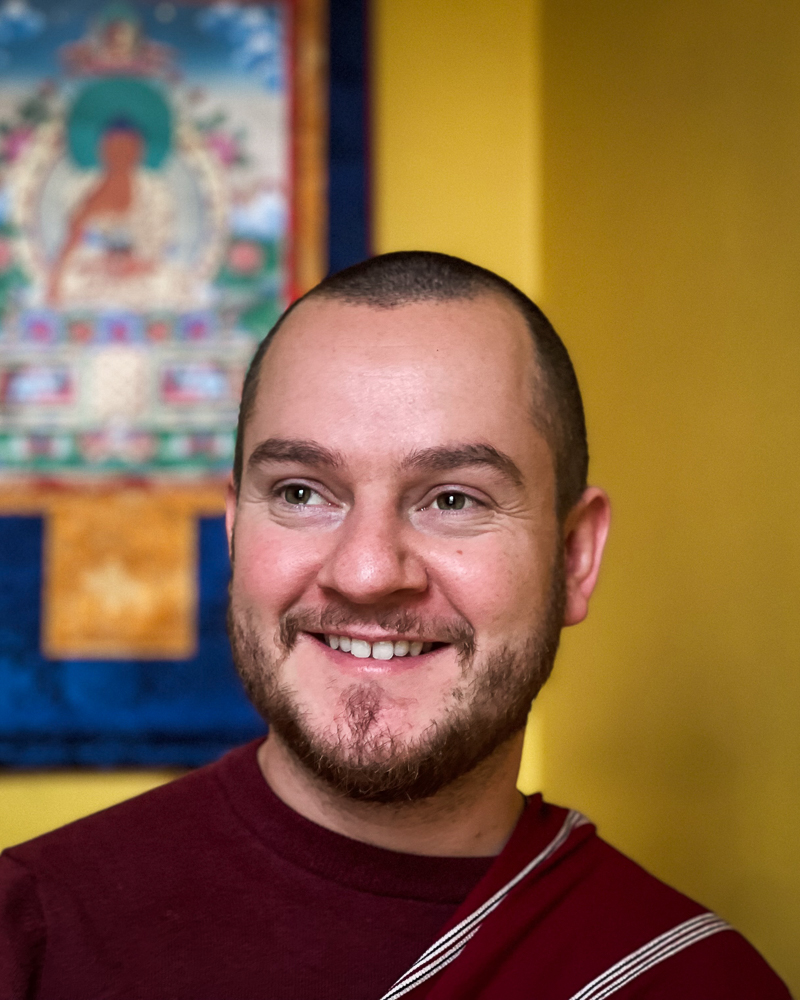The Buddha's Path:
Foundational Buddhist Study Programme
Module 4
Foundations of Buddhist Theory III: The Essence of Karma and Morality
About Module 4
Foundations of Buddhist Theory III
This Module is part of The Buddha’s Path (our foundational study programme). It delves into Buddhist ethical considerations and the theory of karma, which form the very heart of Buddhist theory and practice.
The Buddha’s view of reality is that the universe exists within the natural law of cause of effect, what he explained as karma. According to this view, what happens to us is not fate, nor is it determined by a higher being, nor is it completely random. What we experience now are the natural results of prior actions performed before, what we experience later will be the natural result of actions performed now.
In this way, the Dalai Lama says the view of karma is one of “self-creation.” It explains how we are, literally, in this moment here, the creator of our future lives, both our happiness and our suffering. The experiential implication of this view is empowerment, accountability, and the courage to change and grow.
During this module, we will explore what is meant by the Buddhist theory of cause and effect, the law of karma. We will explore how we create karma and what that means for our future happiness and suffering. We will then explore the classic ten ‘nonvirtues’ and ‘virtues,’ and finish the module by exploring how one can ‘purify’ negative karma so that its effects do not ripen as suffering for ourselves and others.
We hope this module will offer an experiential exploration of these principles in a way that provides immediate practical benefit to your practice.
Module 4: Foundations of Buddhist Theory III: The Essence of Karma and Morality
Recordings & Resources
Meet the Host
Guiding your meditation experience

David Oromith
Buddhist Contemplative, Author & Meditation Guide
David is a Buddhist contemplative, meditation guide and retreat leader. He is the Co-Founder of Samadhi and author of the book A Practical Guide to Mindful Living: Five Ways to Restore Presence and Calm Amidst Challenge & Change. He has received non-monastic ordination in the Tibetan Buddhist tradition and teaches workshops internationally, leads retreats across the UK and runs classes locally.
David is a follower of the rimé (non-sectarian) approach, recognising the value and benefit of multiple points-of-view, with teachers in all four schools of Tibetan Buddhism. His primary teacher is Lama Alan Wallace, who is also rooted in a non-sectarian approach, with particular close affiliation with the Gelug and Nyingma schools and the Dudjom lineage.
David discovered meditation & Buddhism through his experience of depression and suicidal thoughts and is passionate about helping people take back control of their mental wellbeing, work with their thoughts and feelings, and discover genuine wellbeing and joy within. Read more.
